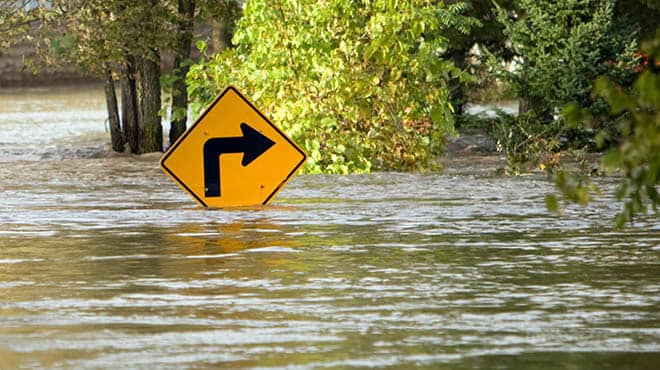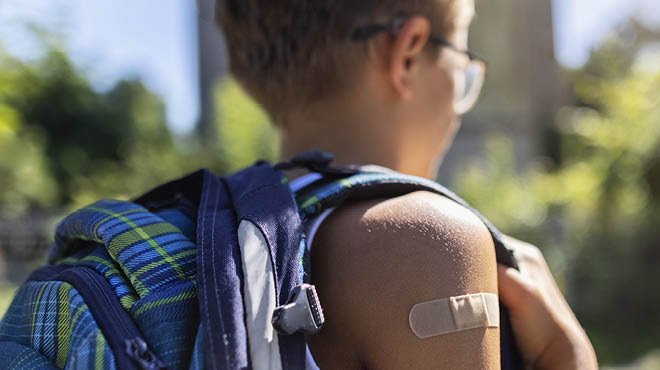Recent Posts
Foreign travel plans? What to know about influenza before you go

Do you have plans to travel internationally? When making international travel plans, your focus may be on your risk of getting exotic diseases. However, U.S. travelers also are at significant risk for many common, vaccine-preventable diseases, and that risk isn't limited to travel to developing countries.
Influenza is the most common vaccine-preventable disease for travelers, primarily if they are traveling by airplane, taking a cruise or attending a mass gathering, such as the Hajj pilgrimage, the Times Square New Year's Eve celebration in New York City or the Super Bowl, reports the Journal of Travel Medicine.
The influenza vaccine protects against complications associated with the virus and reduces the risk of hospitalization and death, according to the Centers for Disease Control and Prevention (CDC). Even if you acquire this respiratory illness, symptoms are less severe if you are vaccinated.
The influenza virus circulates year-round in tropical and subtropical regions, and in certain seasons in temperate countries. Regardless of the time of year, if you're visiting the tropics, you should be vaccinated for influenza before your trip.
The risk of infection from the virus varies based on your age, underlying health conditions, travel destination and planned activities.
A Mayo Clinic review of vaccines for international travel (PDF) suggests that travelers who were immunized with the current influenza vaccine formulation more than six months before their trip may consider revaccination because immunity declines. This may be most beneficial if your plans call for travel to areas with active circulating influenza virus or tropical regions. Receiving the influenza vaccine reduces the risk of an illness that could disrupt your travel plans.
Here's what to know about influenza before you travel:
- The CDC recommends annual vaccination for anyone 6 months and older.
- Get vaccinated at least two weeks before travel because vaccine immunity typically takes that long to develop.
- High-risk people, such as children, pregnant women, and those who are immunocompromised, living with HIV or have chronic underlying health conditions, should receive the vaccine before travel.
- It's crucial to be informed about the country you plan to visit to account for additional risks. For example, travelers going to China and Southeast Asia should avoid poultry markets and farms to decrease the risk of acquiring avian influenza. Current vaccines are ineffective against the virus.
- Travelers may want to discuss antiviral medication with their healthcare team as standby therapy.
- Washing your hands with soap and water or an alcohol-based hand sanitizer is one of the best things you can do to protect yourself from illness when you travel. Regular handwashing reduces the risk of respiratory viruses and infections that can cause gastrointestinal illness, like norovirus
Learn more about staying healthy while traveling:
- Find out why seeing a travel medicine specialist is essential before international travel
- Get answers to common questions about vaccines and travel.
- Learn the steps to prevent norovirus.
- Read about infectious diseases and local travel clinic services.
Jessica Sheehy is a physician assistant in Infectious Diseases in Mankato, Minnesota.






